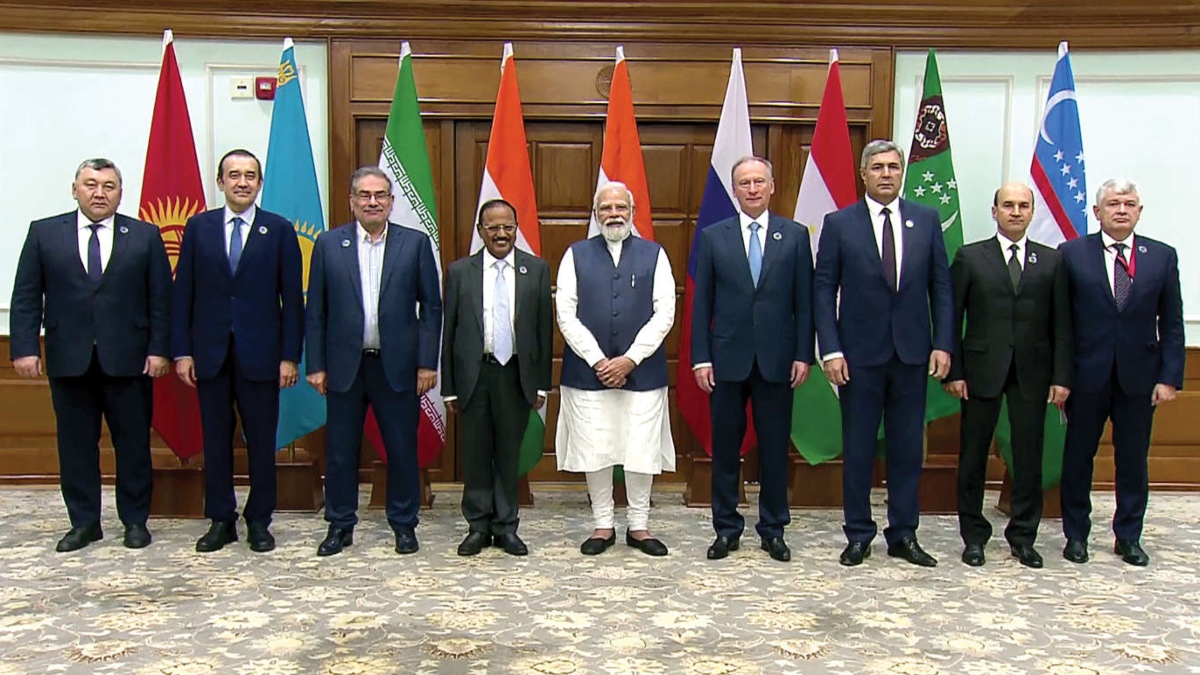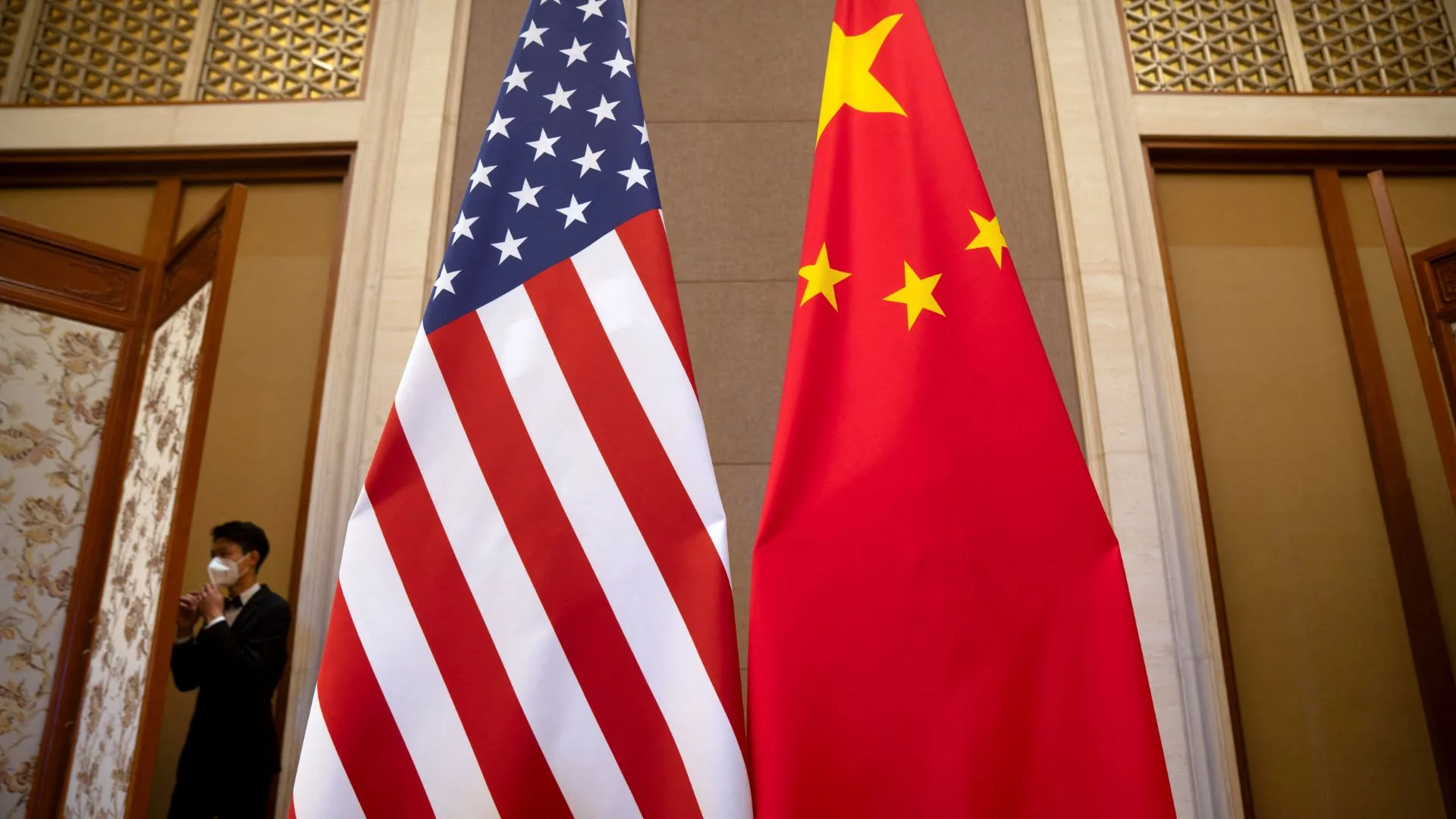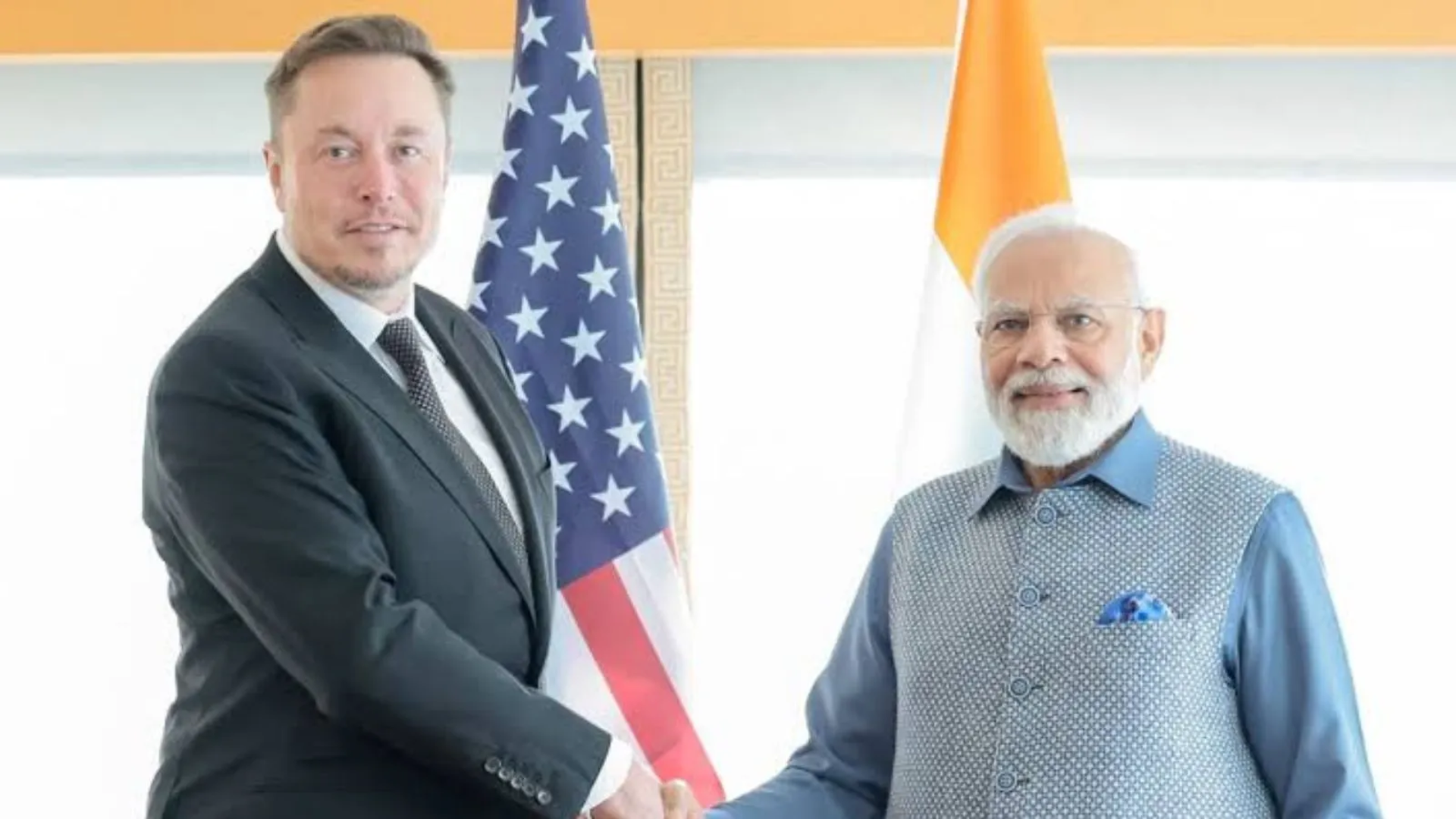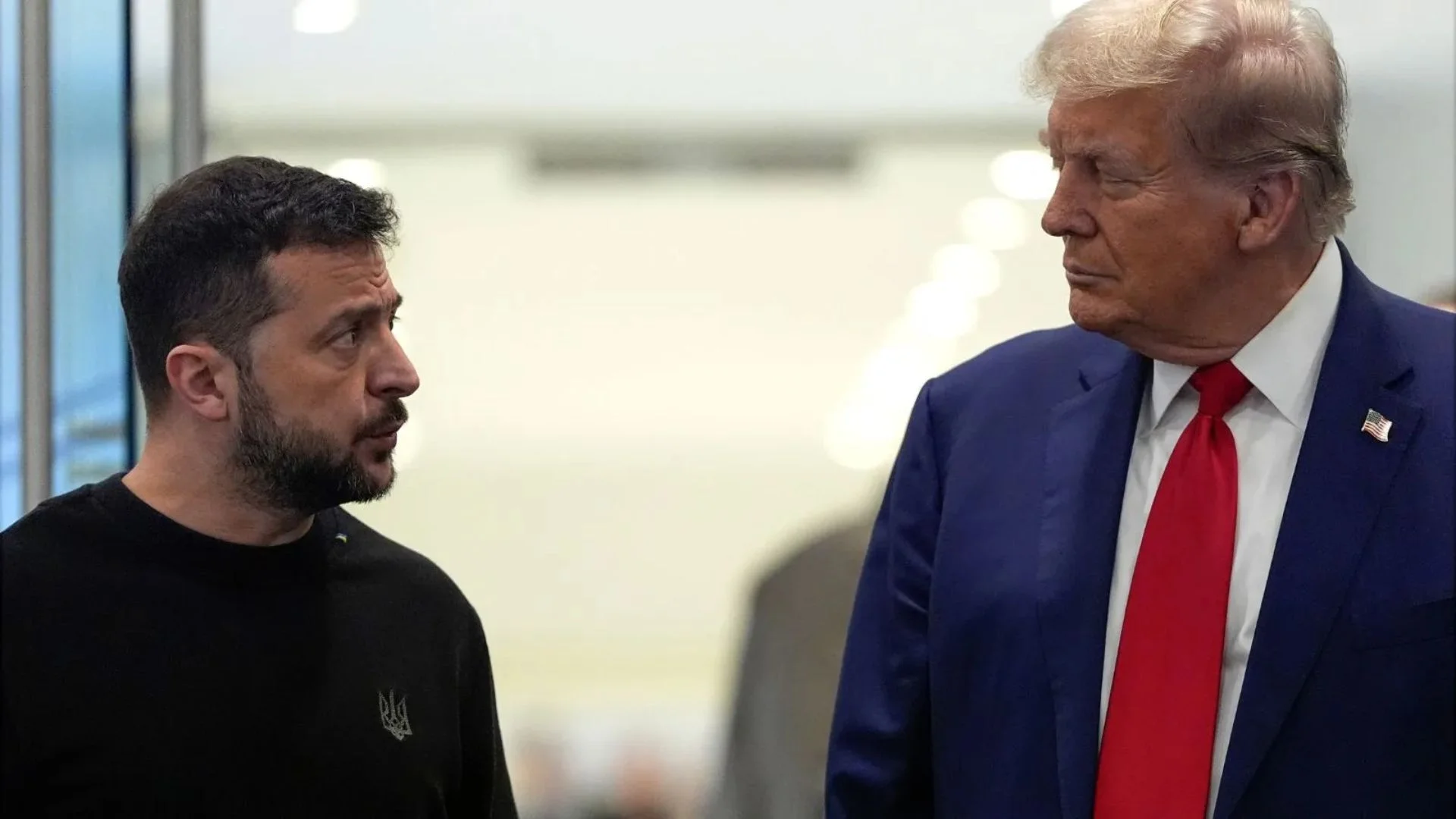
An interesting endorsement of the regional security meet on Afghanistan, held in New Delhi on Wednesday, came from unexpected quarters—from the Taliban. Taliban spokesperson Zabihullah Mujahid told the media in Kabul that their “Islamic Emirate” was optimistic about the regional meeting being hosted by India. He said this even though the Taliban government was not invited for the meeting, as India and the other countries attending the meeting do not recognise the “Islamic Emirate”. It looks like that even the Taliban, at least in public, are unwilling to toe the Pakistani—and thus automatically Chinese—line that India does not matter in Afghanistan. The meeting hosted by National Security Adviser Ajit Doval saw participation from Tajikistan, Kyrgyzstan, Kazakhstan, Uzbekistan and Turkmenistan, apart from Russia and Iran. Pakistan did not participate, with its NSA, Moeed Yusuf dismissing the possibility of attending the meeting by stating “a spoiler (India) cannot be a peacemaker”, while China stayed away citing scheduling problems. Obviously, the two coordinated the move, especially since the very next day, on Thursday, China is scheduled to attend a meeting being hosted by Pakistan on Afghanistan. The meeting is also being attended by the US, Russia and a representative of the Taliban government.
In fact, information is that attempts were made by the Chinese side to dissuade Russia from participating in the meeting and thus stop Afghanistan’s Central Asian neighbours, on whom Russia has a huge hold, from visiting New Delhi. The plan was clear—to ensure that no one participated and thus India was humiliated. But the fact that Russia and the Central Asian republics, as well as Iran participated in the conference, proves that they are willing to carve a foreign policy independent of Chinese-Pakistani interests and influence. It also showed that they believe that there is no solution to the Afghanistan problem without India playing a part in bringing peace to that war-torn country.
The message from the Delhi meeting was clear: that there should be “close consultation, greater cooperation and coordination” among these countries to ensure a “peaceful, secure and stable Afghanistan”. There was strong condemnation of terrorism and consensus that Afghan territory should not be used for sheltering, training, planning or financing any terrorist activities; that there should be “collective cooperation” against “radicalisation, extremism, separatism and drug trafficking”; that any government in Afghanistan should be inclusive, with representation from “major ethno-political forces”; that the Afghan population, which is facing a humanitarian crisis, should be provided with help in an “unimpeded, direct and assured manner”.
Importantly, the joint statement emphasised on the need to have “respect for sovereignty, unity and territorial integrity and non-interference in its (Afghanistan’s) internal affairs”. It was a message to both Pakistan and China to stop treating Afghanistan as their backyard to nurture terrorists and use it for their own strategic goals. That the Taliban are in power in Kabul today is because of Pakistan, which has been quite open about the role it played in defeating the United States in Afghanistan by using the Taliban. Its role in harbouring and nurturing the Taliban on its own territory has been an open secret; or how it provided the Taliban with both men—read, terrorists—and materiel to fight the Afghan government, and later the Resistance force at Panjshir valley. In fact, post the fall of Kabul on 15 August, Pakistan went to the extent of derailing the US choice for Prime Minister, Mullah Baradar, apart from installing its pet terrorist, Sirajuddin Haqqani as the Interior Minister. Observers will not easily forget the trips that the ISI chief, Faiz Hameed, undertook to Kabul to calm things down after the clash between the followers of Baradar and Sirajuddin Haqqani, in which Baradar himself was injured; while also ensuring that Pakistan’s “proteges” get important portfolios in the Taliban government. From all accounts, the government in Kabul is controlled by the Haqqanis, and is thus under the thumb of Rawalpindi General HQ. However, there is also speculation that the Taliban are not completely trusting of Pakistan and their “overtures” to India asking Delhi to resume commercial flights to that country, apart from reinstating scholarships for Afghan students, would not have gone down well with GHQ. Whether or not India decides to have diplomatic relations with the Taliban government in the future will be a matter of discussion and debate, but at present it should try and provide humanitarian aid to the people of Afghanistan and take the lead in ensuring that the aid is distributed under international supervision. It is in this context, that the emphasis given by the NSA meeting to a United Nations role in Afghanistan assumes importance.
As for China, it is obvious that the countries that participated in the New Delhi meeting recognise that the Chinese are getting into Afghanistan to serve their own interests—to ensure that the Uyghur militants operating from the northern parts of Afghanistan do not foment trouble in Xinjiang province, home to China’s Uyghur population; and to extract the $1 trillion worth mineral reserves that Afghanistan has including possibly the world’s largest deposit of lithium, which is the most important mineral needed for batteries for IT devices. China has offered $31 million in aid to the Taliban government. It is not known how much of that aid reached the people of Afghanistan. The cash starved Taliban, who apparently do not even have fuel to run their vehicles, have been saying that China is one of their most important allies and have been largely silent about China’s ill-treatment of the Muslim Uyghur population. It is expected that the Chinese will take this opportunity to walk into Afghanistan in the name of providing aid and building the BRI, and in the process turn that country into their vassal state, whose sole reason for existence is to provide tribute to the “emperor” in Beijing.
The NSA meeting also has to be seen in the context of the meeting in Islamabad the very next day, which is one way of telling the US in particular that without Pakistan there cannot be peace in Afghanistan. It is also an attempt to send out the message that the Delhi meeting is at best a side-show, and the “big boys” will be in Islamabad. However, the Islamabad meeting may have attendance, but will it be able to chart out a road map for peace? However much the arsonist may claim to be the firefighter, it will still remain the arsonist. Left to Pakistan, and China, Afghanistan will become an even bigger security threat not only to the region, but also to the rest of the world. It is to pre-empt such a situation that New Delhi hosted the security meet and found resonance from other countries in the region.














